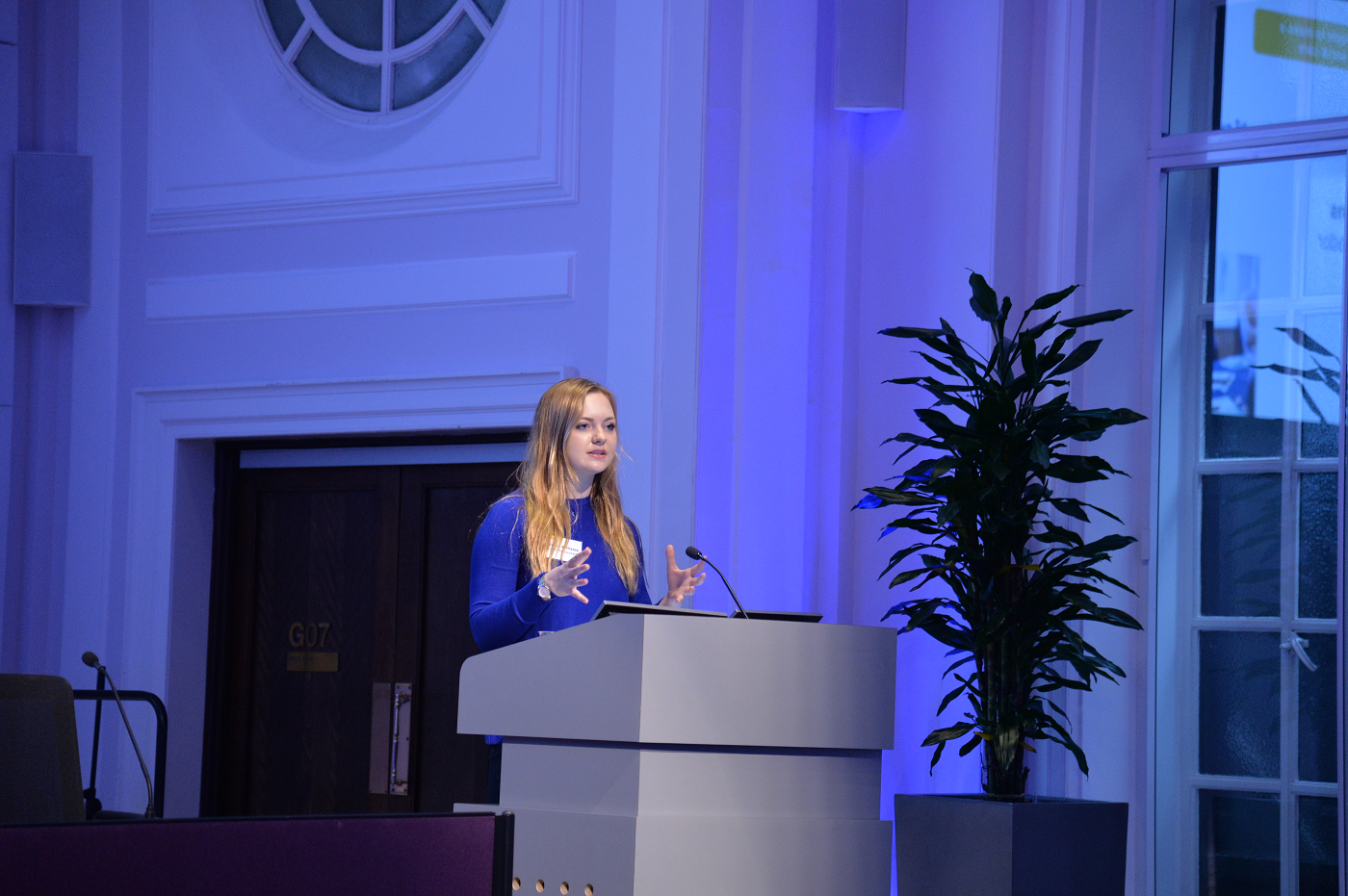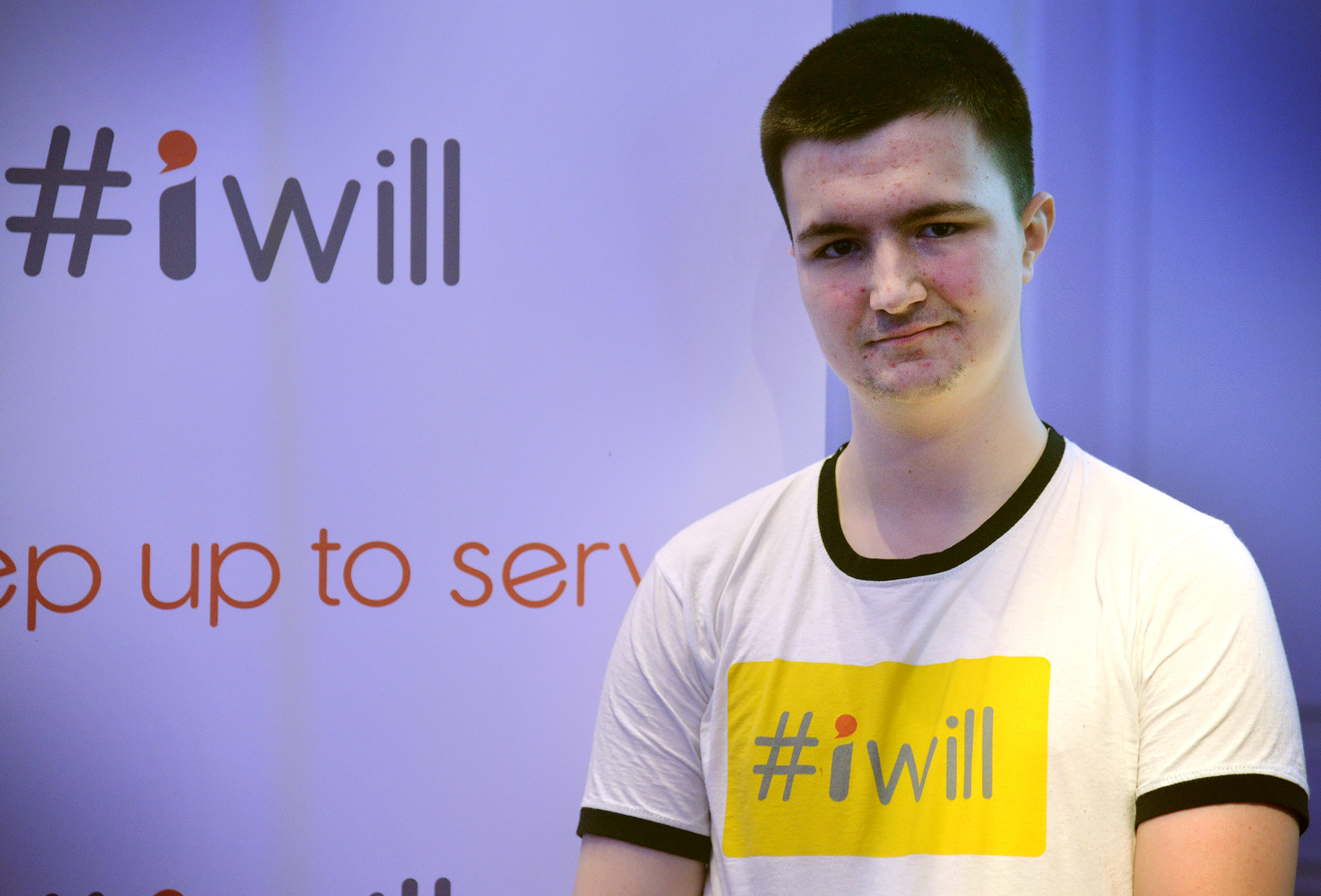
Social action, including volunteering, fundraising and campaigning, creates a double benefit for those who take part and the communities they are helping.
Young people have great potential to make a positive impact on their communities by getting involved in social action. They have the ability to make a significant difference to serious issues, from loneliness to bullying to mental health and the stigmas attached to it. Young people tend to have a broad, positive ideology when it comes to making changes and we should do all we can to help them utilise this.
The benefits of social action are reciprocated, as young people’s involvement can help them develop valuable employability skills, boost their access to further education and training, and support enhanced wellbeing.
Currently 4 in 10 young people aged between 10 and 20 in the UK get involved in social action, but almost double this number of people would like to contribute more to their communities, given the chance. However, particularly in less affluent communities, there can be obstacles that restrict their ability to get involved.
The #iwill campaign
The #iwill campaign acts on making the most of the energy, talent and commitment of the millions of young people in the UK, by providing access to meaningful social action opportunities regardless of their background or where they live.
With a strategy based on collaborating with stakeholders from a wide range of sectors, the campaign involves 750 partner organisations that have committed to embedding social action into the lives of young people.
Today, Public Health England is delighted to have become one of these organisations. We launched our pledge this afternoon at the joint NHS70 and #iwill event, which celebrated youth volunteering and social action in health and social care.
I had the pleasure of speaking at the event, where I explained how PHE fully supports and looks forward to contributing to the #iwill campaign’s aim of making involvement in meaningful social action part of life for all 10-20 year olds by 2020. The health and wellbeing of young people is a major priority for PHE and we recognise the instrumental role that social action can play.
Giving young people a voice in campaigns and work that impact them directly is extremely important. As such, we collaborated with young ambassadors to get their feedback, and incorporated their views before we finalised and launched our #iwill pledge.

PHE’s #iwill pledge
Public Health England recognises the benefits of youth volunteering across the NHS and public health system and the role it can play in improving the health and wellbeing of young people and their communities. Youth social action can contribute to developing employability and should be accessible to all of the UK’s diverse communities.
We will highlight the benefits and champion youth social action across our networks. We are committed to promoting young people’s interests in everything we do.
Engagement, co-production and social action:
- We will work in co-production with young people to develop and promote our ‘Rise Above’ programme. The programme is co-created with young people and provides information and interactive content to inform healthcare decisions.
- We will continue to promote our interactive ‘e-Bug’ website. ‘e-Bug’ is a peer-education and teaching resource, created to raise awareness of antibiotic resistance; including infections and prudent antibiotic use.
- We will continue to engage and co-produce resources and training programmes with young people for public health nurses, including school nurses through our professional leadership role. This will support access to early help, behaviour change and create social action such as family antibiotic guardians, peer support and self-care.
- We will support the Royal Society for Public Health’s Young Health Champion Programme as an active partner of the programme which gives young people the skills, knowledge and confidence to act as peer mentors.
Giving young people a voice
- We will work with NHS England and the Department of Health to support the national NHS Youth Forum. The Youth Forum is a group of young people who share their views, ideas and experiences to make positive changes to young people’s health services. We will link this to our national engagement strategy.
Supporting young people to achieve
- We will provide opportunities for young people to enter work through schemes such as Movement to Work and apprenticeships.
- We will run an annual Project SEARCH work experience programme for young adults with learning disabilities and/or autism.
- We will develop work placements with Ambitious about Autism for young people.
- We will launch a work experience programme for young ex-offenders.
- We will encourage other employers to adopt schemes to provide employment opportunities for underserved communities.
